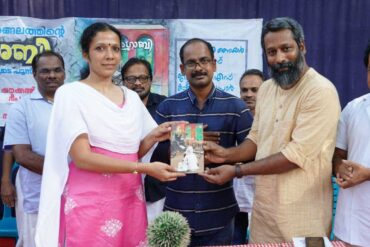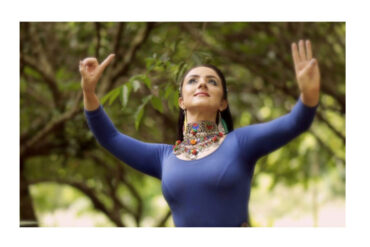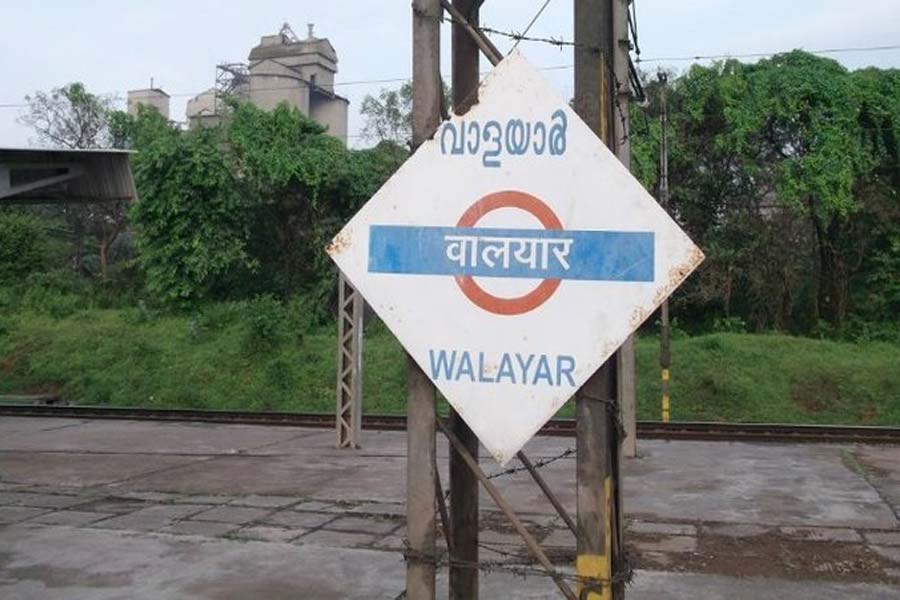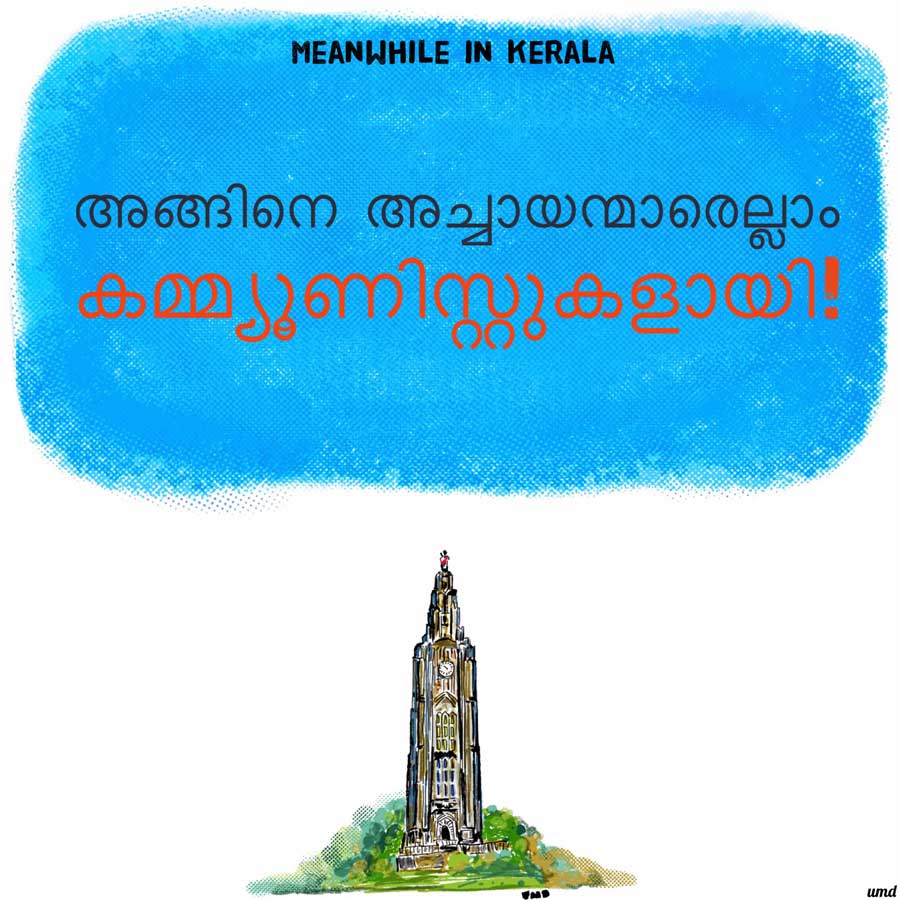In the Hindi movie, Highway, Alia Bhatt’s character Veera—a victim of child abuse—asks her parents why she was not told to be careful inside her home even as they cautioned her of the bad world outside.
Let’s admit it. In India, the society does not consider abuse of children a crime. The world over, child abuse is grave. The system and government ensure protection of children in their growing-up spaces—be it home, schools and public places. Even as they commute to and fro from their homes, children’s movements are tracked.
For the past one week, Kerala is witnessing an outrage over the acquittal of four men, charged under POCSO and abetment of suicide of two minor Dalit sisters aged 13 and 9. On 13 January 2017, in a Dalit colony in Attappallam near Walayar in Palakkad district, a 13-year-old girl was found hanging in her one-room house. The police filed a case of unnatural death.
In her statement to the police, the girl’s sister, aged 9, said she saw two men with covered faces leaving their house. The post-mortem report stated sexual assault.
On March 4, the younger sister was found hanging. Her post-mortem report also pointed to sexual assault. Five men, V Madhu, M Madhu, Shibu and Pradeep Kumar, and a juvenile were arrested for the offences of abetment of suicide, rape and unnatural sex under the Indian Penal Code and for the offence of penetrative sexual assault under the Protection of Children from Sexual Offences (POCSO) Act.
Two years later, the four adults charged in the case have been acquitted for lack of evidence. The fifth accused faces trial in a juvenile court.
Special Public Prosecutor in the case, Adv Latha Jayaraj said photographs of the younger child’s anal region, which show severe tear, is a clear evidence of rape. “But there was nothing to establish the link between the accused and the crime.”
“I could argue only on the basis of the chargesheet and evidence submitted,” says Adv Latha agitatedly.
“Now, POCSO cases are charged only because of the severity of the law,” says Gopika Govindan, a social worker. Yet none of the POCSO protocols seemed to have been maintained in the case, according to her. “When the older girl died, the police should have spoken to her younger sibling, and had they found the situation unfavourable for her, they should have shifted her to a children’s home and provided her counselling,” she says.
“Initially, when POCSO came into effect and awareness was minimal, police would push for mediation between the child abuse survivors and the accused,” says Gopika. In most POCSO cases, families put pressure on the abused child to retract the statement, which led to the accused walking free.
UNICEF official Job Zacharia opines that in India, the society wakes up when such incidents occur. And soon the debate shifts to the arrest and the punishment, when everyone should focus on prevention and child safety and care. “Even in other developing nations, children’s safety is primary. In western countries, where the family set-up is more complicated, child care is given utmost importance by the state,” says Job.
The police have been at the receiving end for the shoddy investigation. After the acquittal of the accused, the mother and stepfather claimed that they had told the police that they witnessed their elder child getting raped. The question why the parents failed to report the crime when it occurred or provide medical support to their child is yet to be answered. POCSO Act makes it mandatory to report sexual offences: Any person who has knowledge that a child has been sexually abused is legally bound to report the offence. Failure to report the abuse attracts six months imprisonment and/ or a fine.
The police investigators also failed to examine the teachers of the school, where the children studied. Only the school principal deposed in court to confirm the children’s age. Reports have now emerged of how the teenager kept standing in class because of unbearable pain. If this is true, it’s strange that the child’s teachers found nothing unnatural or unusual about her behaviour.
“When subjected to abuse and sexual crimes, children display unnatural behavior. Teachers should remain alert, and on noticing a case of even the slightest abuse, they should counsel the child and call the child line,” says a child rights expert. “The Walayar case could just be the tip of an iceberg–it could be a prostitution or child porn racket,” the expert points to the fact how Kerala is emerging as the capital of child porn.
A lot depends on the police chargesheet. A police investigation can make or break a case. “If the police want to help someone, they can file a shoddy chargesheet. Similarly, if they want to frame someone, they can easily manipulate the chargesheet accordingly,” says Adv Rajani K N at the Kerala High Court.
The third accused in the Walayar case, Pradeep Kumar, who was the children’s neighbour, had claimed in his defense that he left the area before Onam (2016) and returned to Attapallam only after he read about the older girl’s suicide in the media. The police have failed to verify his claims.
To make matters worse for the police, DySP M J Sojan, who was the investigation officer in the case, recently found himself in a controversy when a television channel released audio clips of him saying: “the two children enjoyed the sex; the case will not stand in court.”
The latest controversy to hit the case is the appointment of N Rajesh, who had appeared for the accused Pradeep Kumar in the case, as chairman of the Child Welfare Committee (CWC). “Legally, the appointment of N Rajesh as CWC chairman is not wrong; yes, morally it’s not right,” says Nazeer Chaliyam, member of the Kerala State Commission for Protection of Child Rights, in-charge of Palakkad district. “The Government (of Kerala) has taken the appropriate action and removed him from the post now,” he adds.
“There is a conflict of interest. The role of the CWC chairman is to protect children,” says Adv Madhu T, criminal lawyer at the High Court of Kerala, on the controversial appointment of Rajesh. “In POCSO cases, the onus is on the accused to prove innocence. It’s called reverse burden,” says Madhu T. “And further investigation by the police is possible at any stage of the trial of the case,” adds Madhu.
Although the Supreme Court recently reversed its earlier verdict and permitted subordinate courts to order further probe, an entire system, supported by an indifferent society, continues to conspire to deny justice to the Dalit children. Obviously, this won’t be the last such case.







